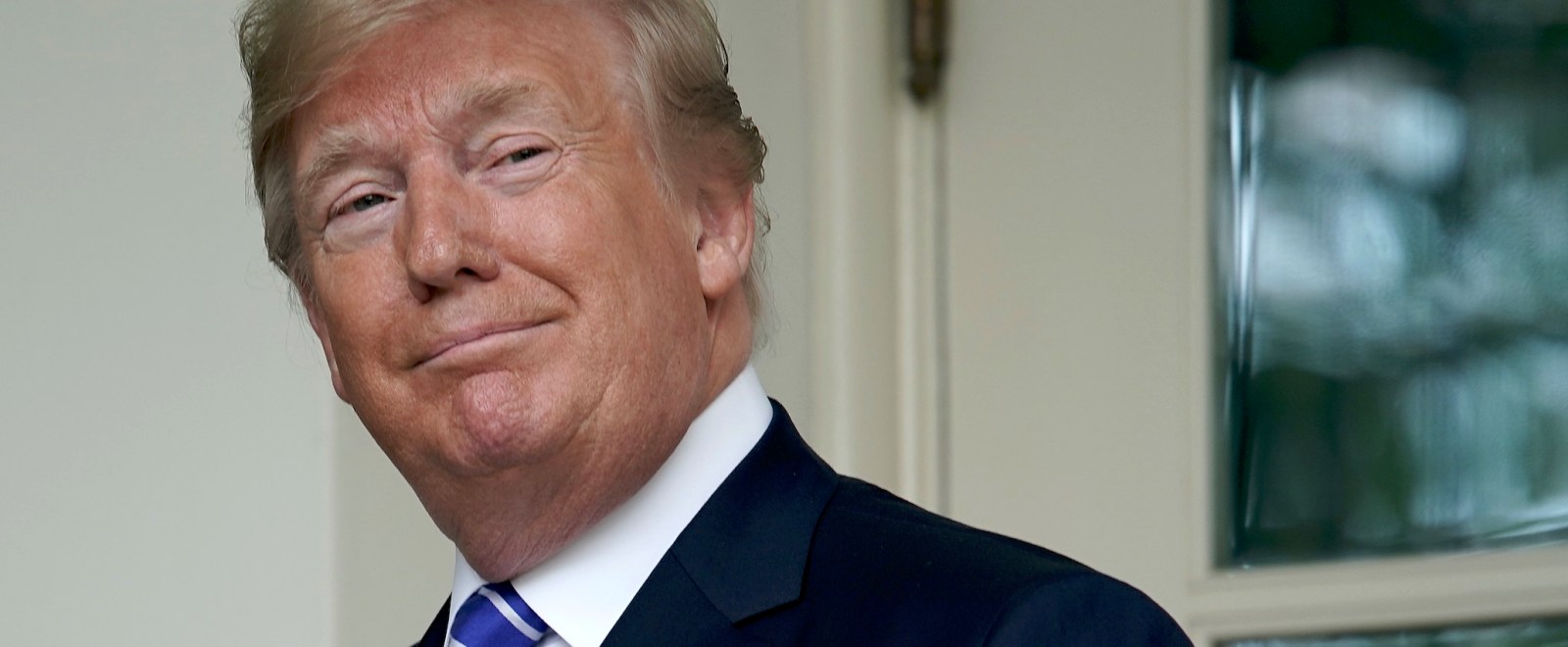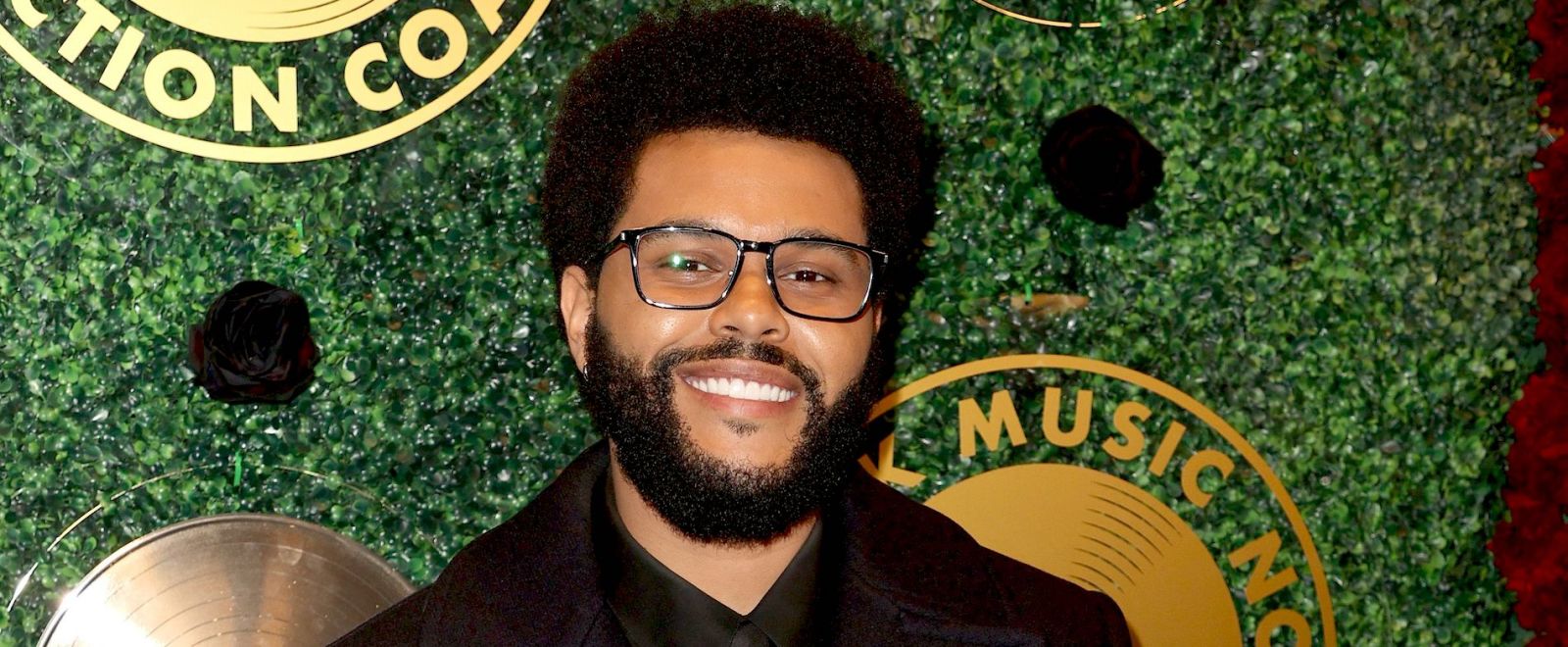The number of podcasts out there has mushroomed exponentially since I started writing this list annually a few years back. Every year I struggle a bit with how to brand it. Is it a list of “true crime” podcasts? Not really. I still love a good murder mystery or wrongly convicted story, but podcasts in general seem to have expanded the scope of the kinds of stories they tell, and my appetite for different kinds of stories has expanded along with it.
Of course, not all developments have been positive. While the number and length of podcasts seems to have grown exponentially, the actual content they cover seems to have remained fairly static. Now that there’s an established market for podcasts, there are inevitably a lot more padded, half-assed, over-edited and overwrought podcasts. For the love of God, no more podcasts where one host reads a Wikipedia entry to another who feigns surprise. I have a strict “no fake banter” policy. Also, maybe we don’t need a sound effect for every story development. One of the podcasts on this list actually used a police siren sound effect at one point. How does a person not realize that siren sounds in a medium usually listened to in the car or while walking through a city is a bad idea? It’s okay to just have people talking.
This list is also, of course, limited in scope. It excludes many of the pods that I listen to regularly, including two of my own and the others that have had me on as a guest. Those are all great pods and I’m not biased at all in saying that you should subscribe to them immediately. Of course, those are probably driven more by how much you enjoy the hosts as substitute friends than by the quality of story and storytelling, which is fine, just not really the focus of this list of the finest in audio non-fiction storytelling.
These pods are all single-story-per-season podcasts. Miniserieses, essentially. And all non-fiction. Fiction podcasts are expanding, and it seems like every few months there’s an article about how fiction podcasts will be the next big thing. I’m sure there are some great ones out there but I haven’t been able to bring myself to listen to one yet. Maybe someday. Right now it feels like far too many are just proofs-of-concept hoping to one day be made into TV.
Okay, that’s probably enough prefacing. Just get to the list! Fine, fine, stop shouting.
10. Harsh Reality: The Story Of Miriam Rivera
Wondery podcasts can tend towards overwrought and padded, and this one definitely begins that way, with an extended, confusing Helen of Troy metaphor. But Harsh Reality is also exactly the kind of obscure, forgotten saga perfect for a podcast series. It tells the story of There’s Something About Miriam, a 2003 British reality show whose producers thought it would be a really good idea to do a Bachelorette-style dating show where the final reveal was telling the contestants that the woman they had all been competing for was transgender. You can imagine that didn’t work out too well.
Like all podcasts, I could nitpick episodes that should’ve been shorter and others that should’ve been longer, avenues that were more or less interesting than others, and metaphors that did or didn’t work. But when it comes down to it, this was a weird, interesting story that I wouldn’t have known about otherwise.
9. The Grand Scheme: Snatching Sinatra
If you’re like me, you probably vaguely remember that Frank Sinatra Jr. was kidnapped and held for ransom at some point. Wondery’s The Grand Scheme, hosted by John Stamos, who turns out to be weirdly good at this podcast hosting thing, is sort of about the kidnapping of Frank Sinatra Jr. What makes it really sing is the detailed picture it paints of California in the sixties. You think white privilege gets you places now? Try being a rich white kid in Southern California in the sixties. You could literally kidnap Frank Sinatra’s son.
Barry Keenan, the mastermind of the kidnapping and the son of a securities trader, went to University High School in Los Angeles, where his classmates included James Brolin, Nancy Sinatra, and Ryan O’Neal. He also heard voices in his head and eventually got addicted to booze and pills, which in the 1960s still didn’t stop him from becoming a fabulously rich trader by his early 20s. Eventually he got in some trouble and decided kidnapping Frank Sinatra’s son was the best way out, and even roped in some buddies from his high school cool kids’ club, known for drinking lots and pulling pranks, like lighting palm trees on fire. When I started listening, I was thinking this would be the lurid tale of a bad idea going poorly. But it’s actually more of a fascinating look at what young white kids got up to in a world seemingly without consequences. Boomers, man.
8. American ISIS
Remember Caliphate? The 2018 New York Times podcast about an ISIS fighter from Canada? It was a riveting tale, but it later turned out that the Times and Caliphate‘s host, Rukmini Callimachi, “got took,” in The Wire parlance. The subject turned out to be a fabulist. American ISIS, from The Intercept, is basically the non-faked version of Caliphate. Trevor Aaronson, an investigative journalist who has written extensively about FBI overreach in the War On Terror, spent three years working on American ISIS, focusing on Russell Dennison, a red-headed suburban pot dealer-turned ISIS fighter, who sent Aaronson more than 30 hours of recordings about his life and journey to ISIS before he was killed by an airstrike in eastern Syria.
It’s a fascinating listen, partly about the FBI doing as much harm as good, and also oddly reminiscent of Into The Wild, another tale about an idealistic stoner trying to find himself and looking in all the wrong places. Did I mention Russell Dennison also raps? It’s a strange, unforgettable, bittersweet, Heart of Darkness kind of listen.
7. The Plot Thickens: The Devil’s Candy
Since starting in Summer 2020, TCM has already released three seasons of their podcast, The Plot Thickens. All of them are pretty listenable, but for my money the best one is season two, The Devil’s Candy, about the ultimately disastrous, soon-to-be-infamous 1990 production of Bonfire of the Vanities. Lots of big movies have flopped, and there are always a few stories about why, but Bonfire was unique in that entertainment reporter Julie Salamon was there on set and during pre-production every day, recording audio (having been invited to tag along by director Brian DePalma).
Salamon wrote a book about the experience (entitled, get this, The Devil’s Candy), and yes, you could probably skip the middle man here and just buy the audiobook of that. But then you wouldn’t get to hear all the original recordings from the set and the modern day contextualizing by present day Salamon (who has a truly unique voice). I might be the perfect audience for this show, as there are few things I enjoy so much as the grandiose musings of film producers who are secretly morons, or the diva antics of movie stars in the heyday of the movie star.
6. Haileywood
The story of how Bruce Willis moved to a small town in Idaho in the late 90s and tried to turn it into his personal playground is exactly the kind of story I want to hear. Between this and The Devil’s Candy, maybe I just can’t get enough stories about Bruce Willis being kind of an asshole. Incidentally, this was the podcast on the list that actually used a siren sound effect, so don’t take Haileywood‘s inclusion as my sanction of IHeartRadio’s production style. Luckily the reporting on Bruce Willis’s attempt to “celebriform” Hailey, Idaho (from host Dana Schwartz) and the interviews with the locals and with Team Bruce are engaging enough to transcend the occasional structural hiccups.
5. The Line
Eddie Gallagher’s story is one that feels perfect for the podcast format. The Navy SEAL chief was turned in by his own crew for war crimes, and then his story became an unlikely front in the culture war, thanks to a marketing genius wife who knew just how to turn Gallagher’s story into red meat for Fox News viewers. Host Dan Taberski explores two main stories here. One about the Forever War, and how the inability for larger society to acknowledge that it’s still going on forced soldiers on the ground to have to square this cognitive circle; and another about how a fairly straightforward story about Gallagher’s soldiers risking their careers to do the right thing somehow turned into a national flashpoint over “lazy millennials.” Yes, culture wars and the aftermath of the aughts are going to become a theme in this list. I’m a sucker for “how did we get here?”
4. 9/12
It took me all the way until the end of the year before I finally gave this podcast a chance, maybe because it shares a name with Glenn Beck’s unhinged bloody shirt austerity project in the late aughts (an event helpfully covered in episode two of this podcast), and maybe because I wasn’t in a hurry to hear more of the usual 9/11 stories. Like everyone of my generation, I feel like I’ve heard a lifetime’s worth of those.
Turns out I should’ve started sooner, because 9/12 is exactly not the kind of “what so-and-so was doing when the first plane hit the tower” reporting you might expect. 9/12 finds people whose lives were upended by 9/11, but not in the traditional sense. The crew of an 18th century replica ship recreating Captain Cook’s voyage for a reality show tries to make sense of the event thousands of miles away, with no access to phones or internet. The staff of The Onion tries to figure out what kinds of jokes they can do now. A Pakistani business owner is forced to pivot when he loses his entire market base. Oh, and hey, an episode with the director of Loose Change. Remember that? It’s fascinating to harken back to a more innocent time in conspiracy theories.
Dan Taberski (Chasing Richard Simmons, Running From Cops, Surviving Y2K) has had some ups and downs in his podcast output, but 9/12 definitely feels like his best yet, with clever, humane storytelling and one of the first accurate depictions of the cultural mindset in the aftermath of 9/11 that doesn’t fall into the same old clichés.
3. Believe Her
Believe Her is probably the closest thing on this list to a traditional “true crime” podcast, which begins with a murder and works backwards from there. But as host Justine van der Leun takes pains to point out, the driving idea behind it is to question our ideas of traditional true crime and what it means to be a “perfect victim.”
Believe Her tells the story of Nikki Addimando, who killed her husband in 2017 in what she says was self defense after suffering years of horrific abuse. Occasionally you’ll hear people dismiss certain reporting because the reporter has “an axe to grind” or some such. Which to me is a little idiotic because the best stories are almost always told by someone who’s telling it like their life depends on it. Van der Leun clearly has a fire under her ass to share this tale, and with it question the entire structure of the way the system treats abuse victims. What do we do when the abuse victim isn’t a corpse?
As you might expect from the previous paragraphs, Believe Her isn’t exactly what you’d call “light listening.” “Harrowing” is probably a better description. But give it a chance, it even has sort of a happy ending.
2. Things Fell Apart
If Jon Ronson makes a podcast, it’s always a safe bet that it’s going to end up on my year-end list. The first time I heard him I thought he had the strangest voice I’d ever heard. Little by little I found that I couldn’t stop listening and now I sort of wish he’d follow me around narrating my life. This year, the bespectacled Welshman teamed up with BBC 4 for Things Fell Apart, a podcast in which he attempts to plumb the history of the culture wars — exploring the family who kickstarted the anti-abortion movement, the first guy to spark a censorship controversy on the internet, a town that got caught up in the debate over “critical race theory,” and more.
Most of our current media apparatus is invested in whipping up these conflicts to stoke engagement and make money, making us all hate each other in the process. It’s refreshing to hear someone simply back up and try to take a broader view. Asking “how can we understand this?” rather than “which people are furious about this?” seems like a good starting point for all journalism going forward (I know it won’t happen, but indulge my dreams for a second).
Things Fell Apart is humane and engaging in all the ways Jon Ronson stories generally are, and the BBC feels like they have a head start in creating high quality audio content. They’re fine with just letting podcasts be radio, rather than trying to create some fancy new style of soundscape like American podcasts sometimes can. That being said, why do they make it so hard to get BBC content outside of the UK? Isn’t the whole point of the thing to promote British culture to the outside world? The British, man.
1. The Meltdown
David Sirota seems to have become one of the main characters of Twitter this past month, thanks to overly-bitchy critiques of Don’t Look Up (my review) followed by overly-petulant responses to it from Sirota (who has story credit) and director Adam McKay. All that aside, I’m happy to report that the podcast Sirota hosted this year is much closer to an unqualified great.
The Meltdown, co-produced by the Hardest Working Man In Documentary, Alex Gibney, tells the story of the 2008 financial meltdown and the limp government response to it that followed. It’s a story that you’ve maybe heard before, but it’s usually been told in the kind of top-down, the smart-people-in-the-room-trying-to-do-their-best style that dull centrist liberals love, as seen in the HBO adaptation of Andrew Ross Sorkin’s (no relation) book, Too Big To Fail.
The Meltdown covers what so many of those stories tended to elide: the way the financial crisis affected the average American and the way the government response to it betrayed them — paving the way for Trump in classic authoritarian style. Sirota is former political aide and political reporter, so his metaphors and pop culture references can tend towards corny, but The Meltdown does a fairly brilliant job combining granular reporting — on how government programs meant to help homeowners ended up getting weaponized by banks and “foreclosure mills,” and the like — with the bigger picture portrait of how inadequate government response to crises traditionally leads to a loss of faith in democracy. It explains how we got to where we are today and will probably make you very pissed off, hopefully in a constructive way.
Vince Mancini is on Twitter. You can access his archive of reviews here.


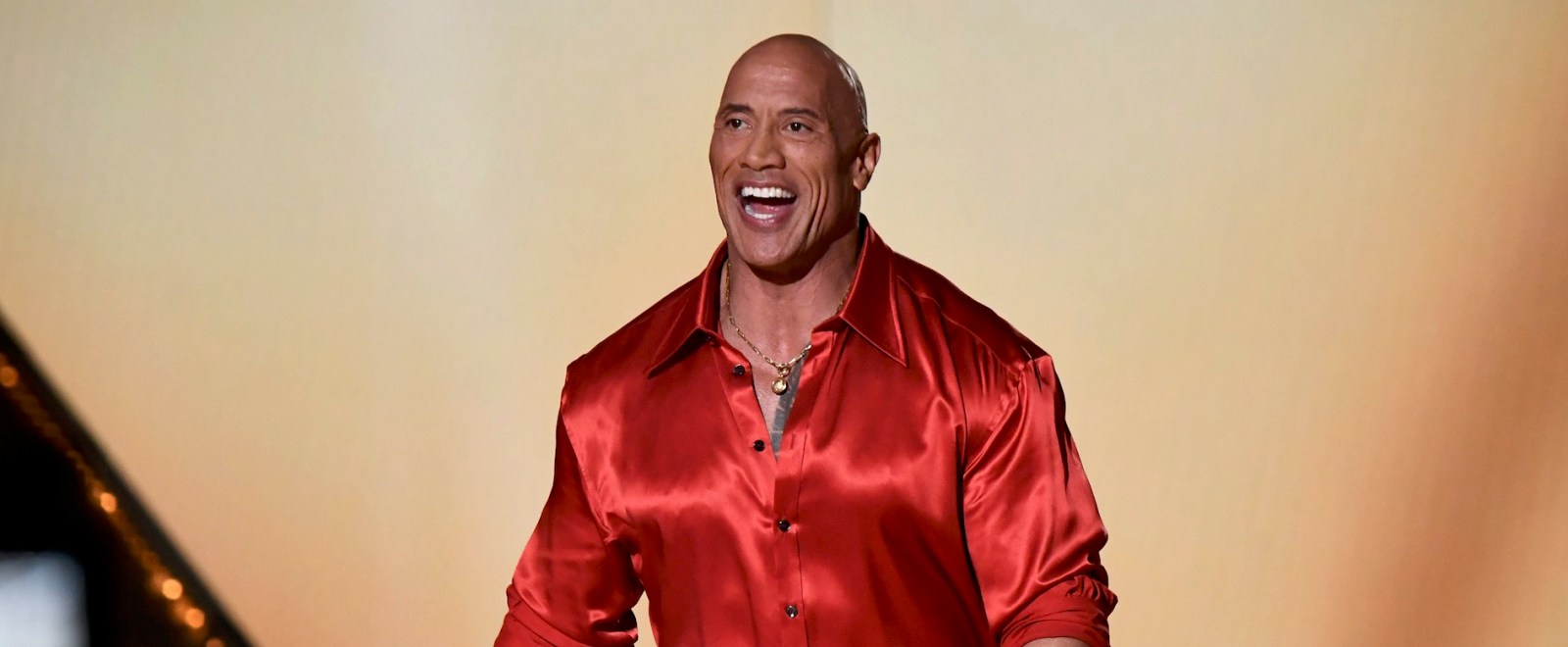
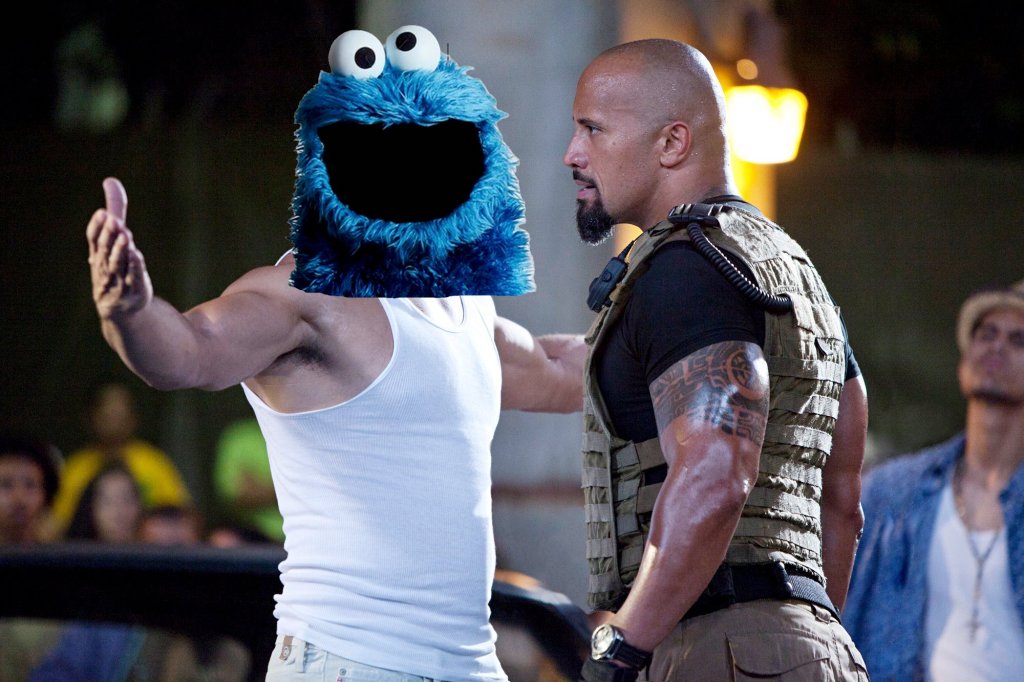






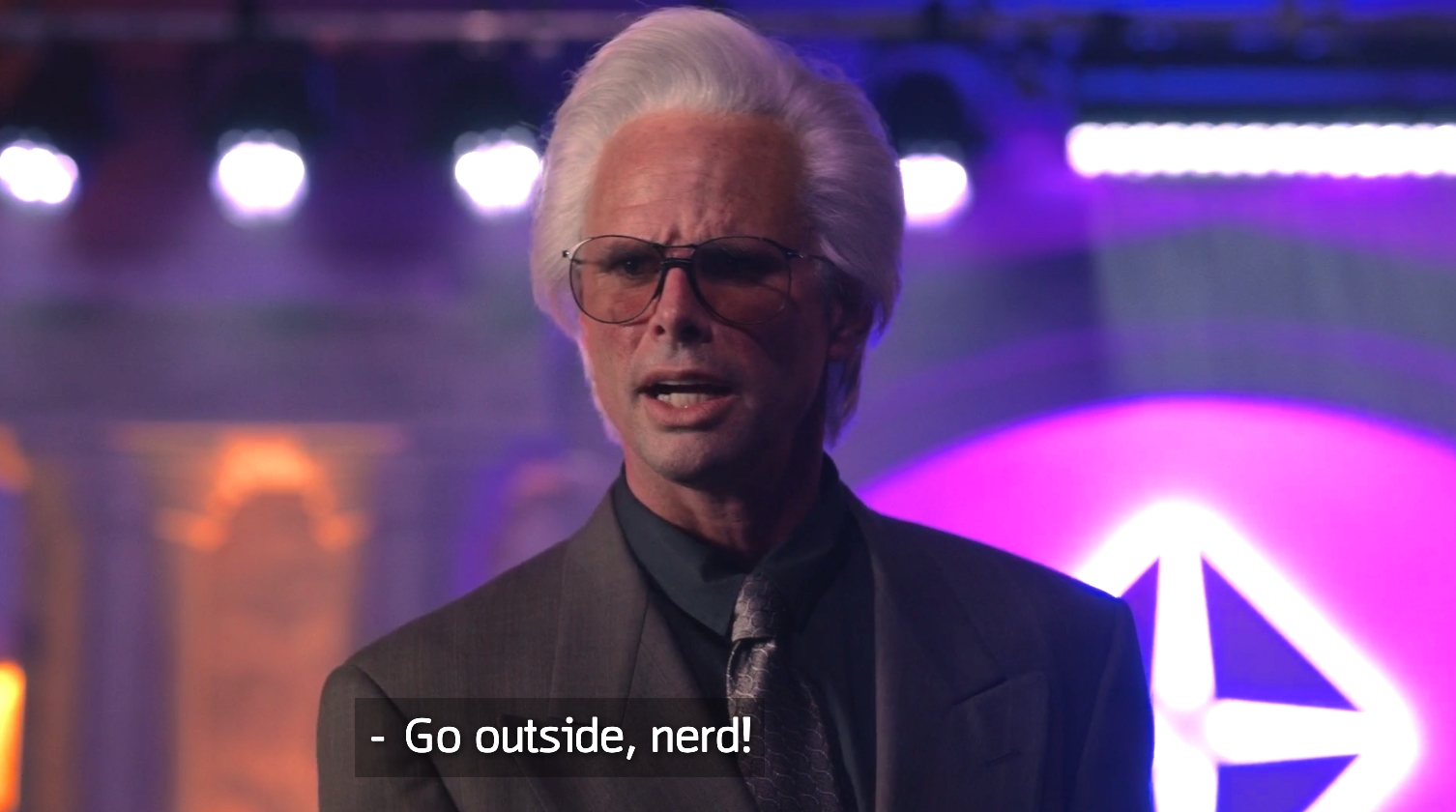
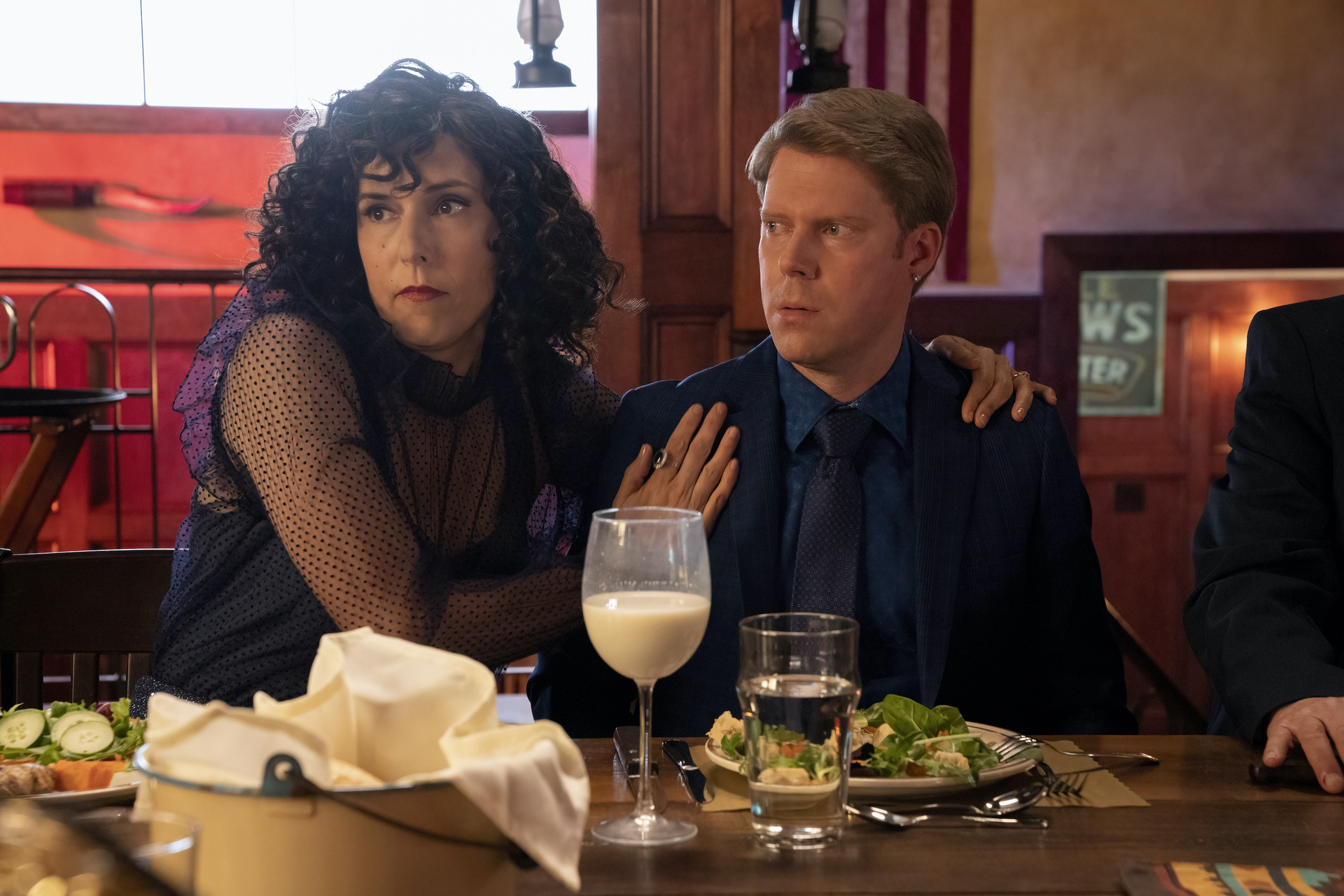








 Photo by Richard Fletcher/MyLondon Photography Contest. All photos used with permission.
Photo by Richard Fletcher/MyLondon Photography Contest. All photos used with permission.










